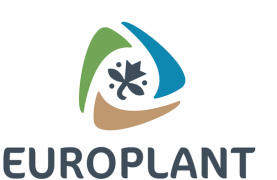Abstract
Chemical agricultural inputs (e.g. pesticides and fertilizers) pollute the environment and undermine food safety. In fact, agriculture is in a direct relationship with the environment and farmers’ behaviours have extensive positive or negative impacts on it. Therefore, enhancing farmers’ behaviours to go towards organic farming methods represents a promising approach. The present study aimed to explore the effective factors underpinning the willingness of potato farmers in the Ardabil Plain to adopt organic farming using an extended model of the Theory of Planned Behaviour. The statistical population was composed of all potato farmers of the Ardabil Plain, of which a sample of 200 farmers was selected by Cochran’s method (n = 200). Data collection instrument was a questionnaire whose validity was confirmed by a panel of experts and its reliability by Cronbach alpha. Data were subjected to statistical analyses in the SPSS23 and LISREL8.80 software packages. The results of structural equations showed that the variables of attitude, subjective norms, perceived behavioural control, moral norms, and environmental concerns accounted for 72% of the variance of potato farmers’ intention to engage in organic farming. Also, environmental concerns captured 43% of this variance.















